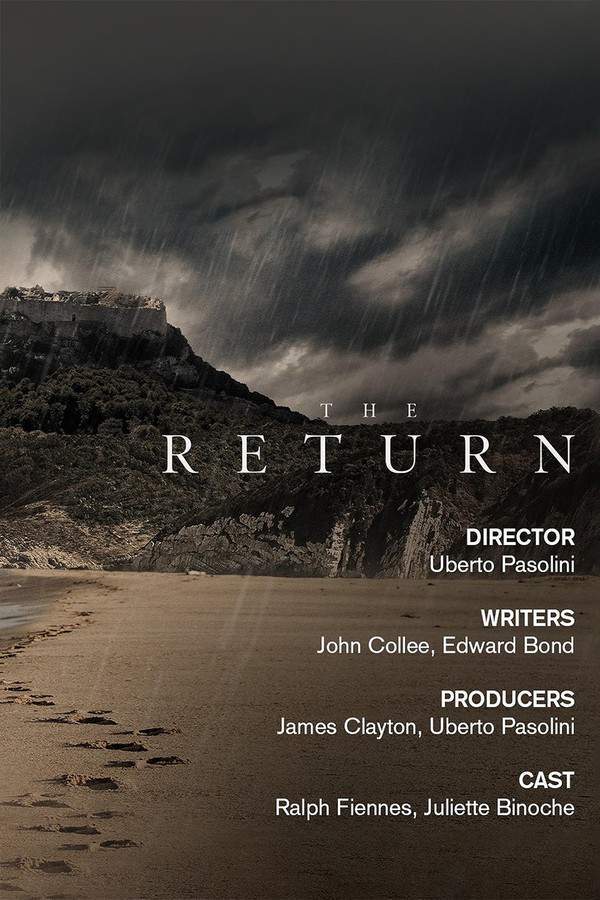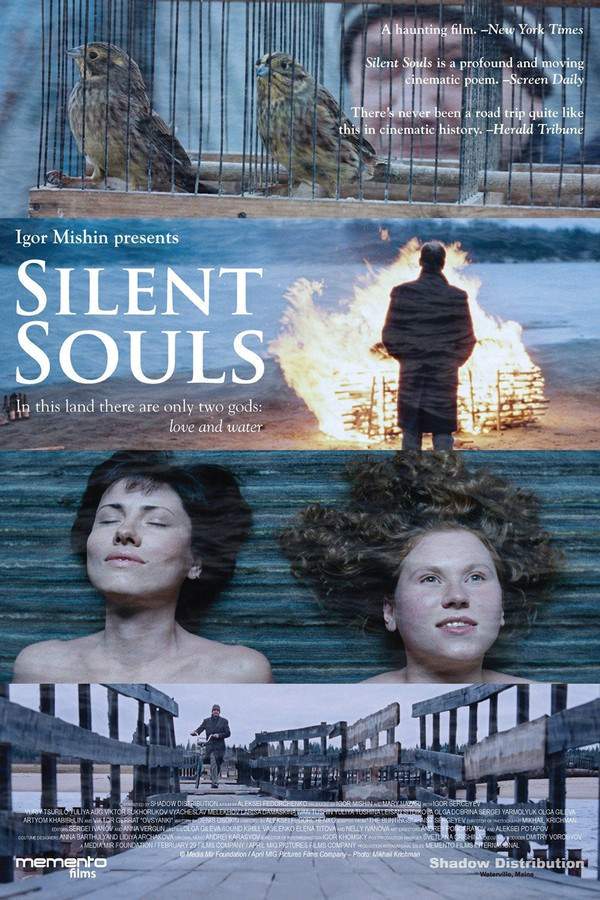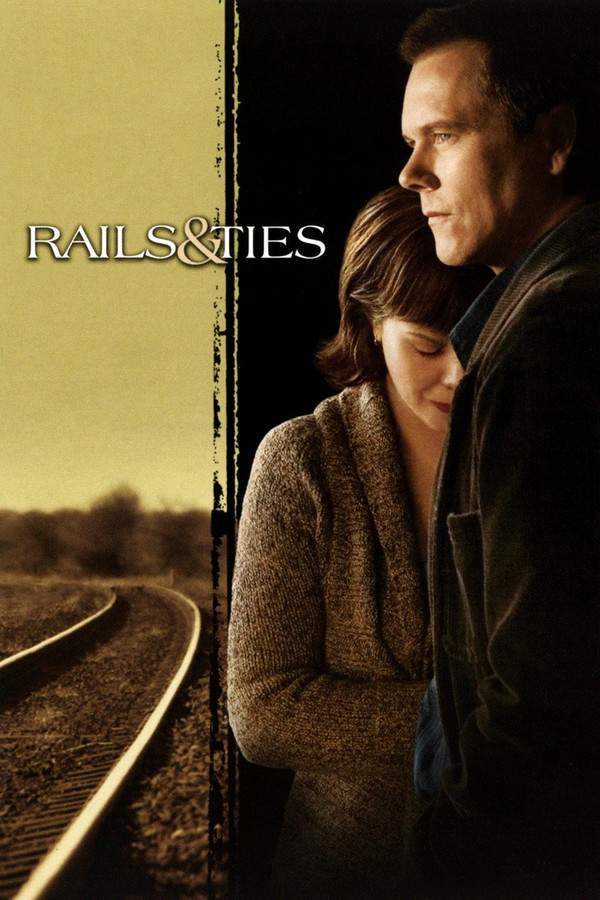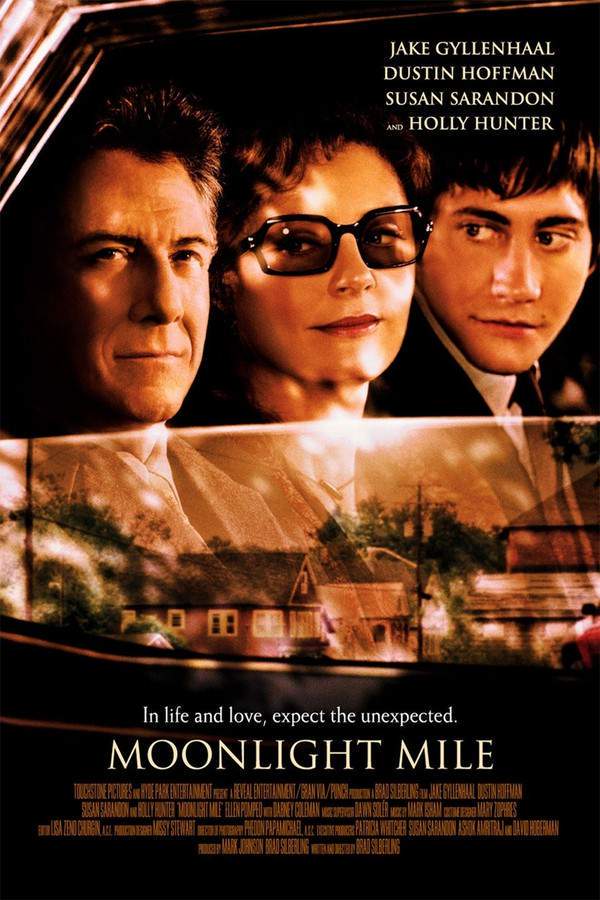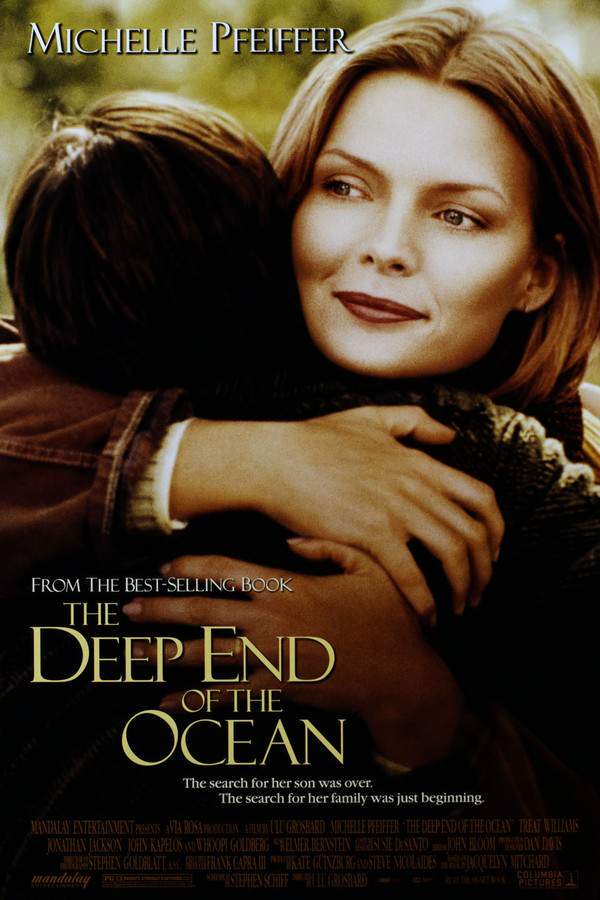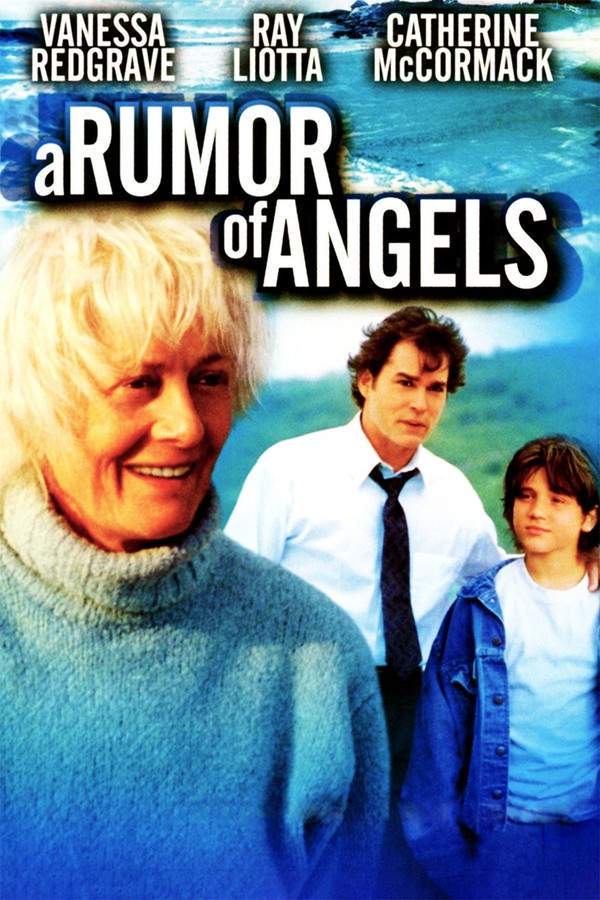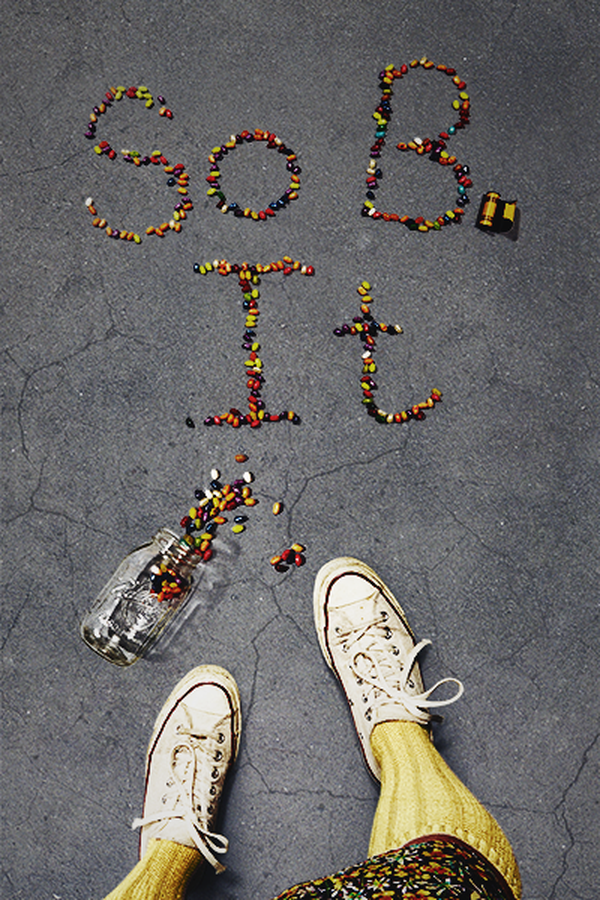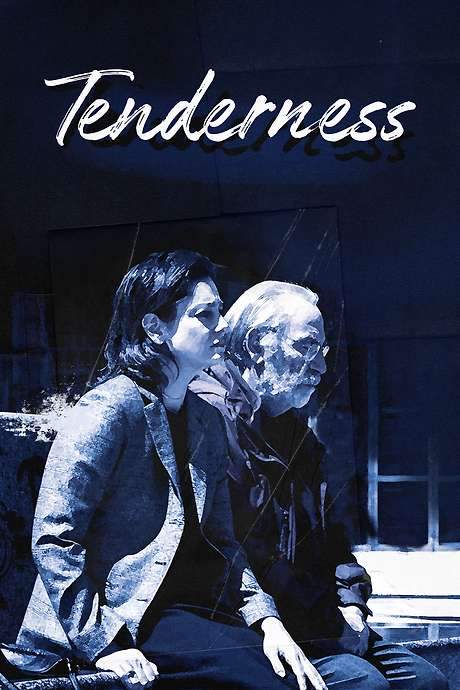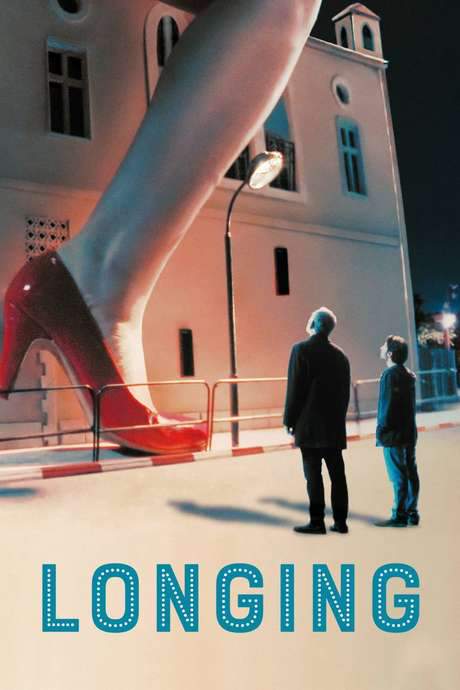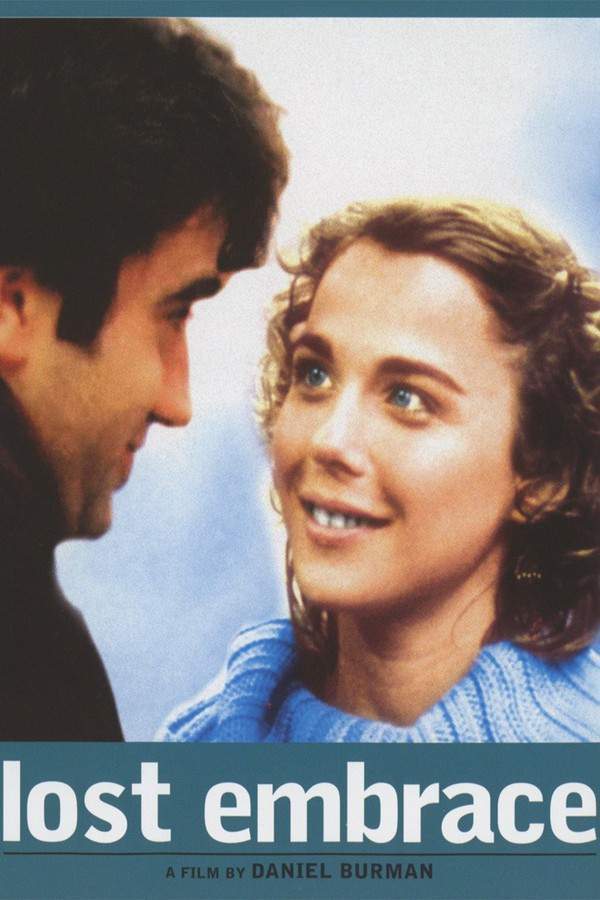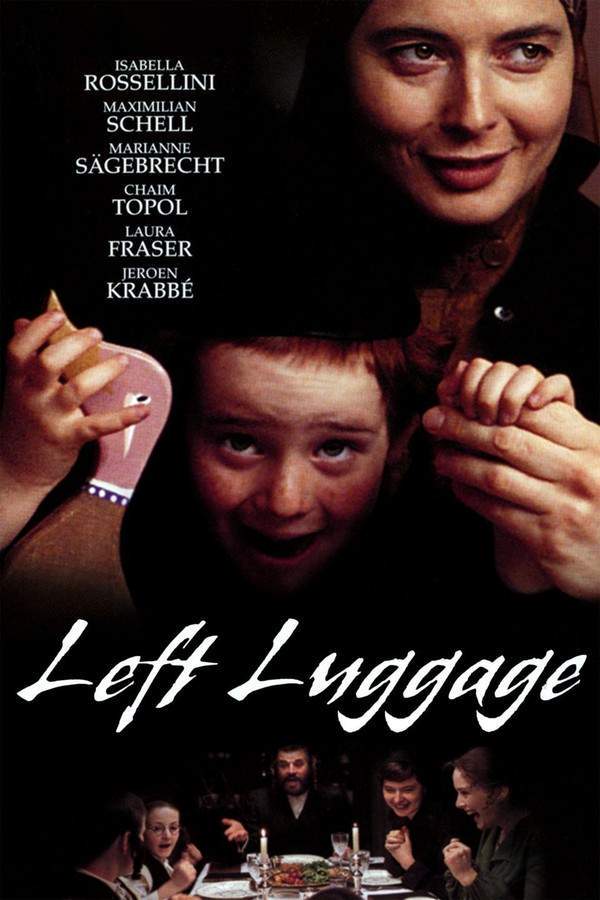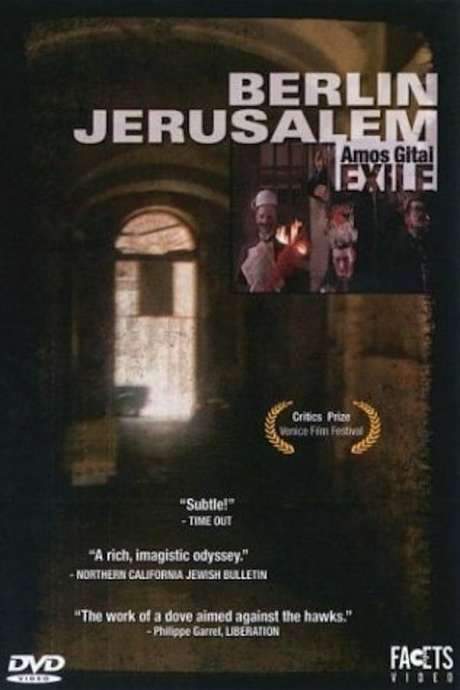
Left Luggage
Year: 1998
Runtime: 100 mins
Language: English
Escaping the Nazis in WWII, a Jewish man buries two suitcases of treasured items in Antwerp. After the war kills his family, he obsessively excavates the city, consulting old maps to recover what he lost. His daughter Chaya works as a nanny for a strict Hasidic family overwhelmed by children. She forms a bond with the mute four‑year‑old son Simcha.
Warning: spoilers below!
Haven’t seen Left Luggage yet? This summary contains major spoilers. Bookmark the page, watch the movie, and come back for the full breakdown. If you're ready, scroll on and relive the story!
Left Luggage (1998) – Full Plot Summary & Ending Explained
Read the complete plot breakdown of Left Luggage (1998), including all key story events, major twists, and the ending explained in detail. Discover what really happened—and what it all means.
In the wake of World War II, Mr. Kalman buries two suitcases full of things dear to his heart, a silent, stubborn ritual that keeps him turning the moist soil of Antwerp in a tireless search for the life he lost. The war has shredded his family, and his obsession becomes a way to almost physically hold onto memory, even as the present around him presses forward with quiet, unspoken pressure.
His daughter, Chaya Silberschmidt, a strikingly modern young woman, arrives in Antwerp hoping to work as a nanny. She steps into a strictly observant Hasidic family with many children, and her secular habits clash with the family’s devout routines. The Hasidic mother is overwhelmed by the household’s demands, so Chaya stays despite the resistance of the father, Mr. Silberschmidt, who normally asserts the family’s strict authority. The arrangement sketches a delicate balance between tradition and contemporary life that will test loyalties and beliefs on both sides.
Chaya forms a tender bond with the youngest boy, Simcha Kalman, a four-year-old who seems unable to speak at first. While strolling in the park, she encourages him to find his voice, and with a bit of patient coaching—a mutual learning process for both of them—he appears to be on the verge of speaking during the upcoming Passover Seder. The scene pivots on the moment when Simcha will be able to chant the Four Questions, a rite usually reserved for the child who speaks first, and the family gathers as the moment approaches.
At first, Simcha’s nerves keep him from speaking, and his brothers fill the moment with their louder voices. Yet, when Simcha finally lifts his voice, the entire family, including Chaya, bursts into applause. The father’s reaction is cooler, focusing on a perceived mistake rather than the achievement, a response that becomes a fault line in the family’s dynamic. Chaya confronts [Mr. Silberschmidt], and through their tense exchange, she sees the hidden ache of a Holocaust survivor—a window onto the grief that shadows the parental generations and a path toward understanding her own parents’ losses.
A relentless anti-Semitic superintendent in the building adds external pressure to an already fragile balance. Chaya refuses to yield to humiliation or to be a passive target, standing up to prejudice and earning the admiration of the children, even as it stirs the father’s anger and resolves.
Tragedy reshapes the entire story when Chaya and Simcha venture to the park secretly. Simcha drowns in a pond while chasing the ducks he loves, a loss that shocks the community and shocks Chaya with its emotional gravity. Some blame Chaya for the accident, but during the family’s mourning service, the mother, [Mrs. Silberschmidt], offers a reluctant, compassionate gesture that reveals a profound connection between Chaya and Simcha: she tears Chaya’s shirt—a traditional sign of mourning that marks Chaya as someone deeply linked to the deceased.
The graveside service becomes a decisive moment. [Mr. Silberschmidt] remains mostly silent, yet his presence and the solemnity of the ritual gradually acknowledge the bond between Chaya and Simcha, signaling a soft, unspoken acceptance of Chaya’s place in their story.
Chaya’s experiences gradually illuminate the past she carries and the life she chooses to embrace. By witnessing the family’s grief and the community’s reactions, she gains a deeper sense of what it means to belong, even within a framework of restraint and ritual. Her journey leads her to a kinder comprehension of her own parents’ histories and a more intimate connection to her Jewish identity.
Ultimately, the film offers a quiet meditation not just on outward anti-Semitism but also on the inner struggles of assimilated Jews—their longing to fit in, the pull of tradition, and the memory that binds generations. It’s a thoughtful, unhurried portrait of memory, faith, and belonging, told with restraint, empathy, and a steady moral curiosity.
Last Updated: October 09, 2025 at 11:13
Explore Movie Threads
Discover curated groups of movies connected by mood, themes, and story style. Browse collections built around emotion, atmosphere, and narrative focus to easily find films that match what you feel like watching right now.
Movies about intergenerational trauma like Left Luggage
Stories where the past's silent weight shapes the present with grief and understanding.If you were moved by the way Left Luggage portrays the Holocaust's long shadow on a new generation, explore these similar movies. This collection features quiet, character-driven dramas about inherited grief, family secrets, and the slow, painful process of understanding a painful past.
Narrative Summary
Narratives in this thread often intertwine a present-day story with the symbolic or literal presence of a past tragedy. Characters grapple with a legacy they've inherited but not directly lived, leading to a journey of research, memory, and emotional reconciliation. The conflict is internal and historical, rather than driven by external villains.
Why These Movies?
Movies are grouped here for their shared focus on the psychological aftermath of trauma across generations. They share a melancholic tone, slow, contemplative pacing, and a heavy emotional weight centered on grief, memory, and the search for identity amidst historical sorrow.
Movies about grief and found family like Left Luggage
Where profound loss leads to unexpected, fragile connections that offer a glimmer of light.For viewers who appreciated the tender bond between Chaya and Simcha in Left Luggage, this list highlights movies where characters coping with heavy loss find healing through an unexpected connection. These films deliver a bittersweet emotional experience, balancing sorrow with moments of profound human connection.
Narrative Summary
The narrative pattern follows a grieving protagonist who is emotionally closed off. Through circumstance, they are drawn into the life of another vulnerable character (often a child). The process of caring for this other person forces them to engage with the world again, leading to a bittersweet conclusion where the original grief remains, but is now tempered by love and connection.
Why These Movies?
These films are united by their core emotional dynamic: the interplay between heavy grief and the redemptive power of a found family bond. They share a bittersweet ending feel, a moderate narrative complexity balancing personal and relational arcs, and a tone that blends melancholy with tender warmth.
Unlock the Full Story of Left Luggage
Don't stop at just watching — explore Left Luggage in full detail. From the complete plot summary and scene-by-scene timeline to character breakdowns, thematic analysis, and a deep dive into the ending — every page helps you truly understand what Left Luggage is all about. Plus, discover what's next after the movie.
Left Luggage Timeline
Track the full timeline of Left Luggage with every major event arranged chronologically. Perfect for decoding non-linear storytelling, flashbacks, or parallel narratives with a clear scene-by-scene breakdown.

Characters, Settings & Themes in Left Luggage
Discover the characters, locations, and core themes that shape Left Luggage. Get insights into symbolic elements, setting significance, and deeper narrative meaning — ideal for thematic analysis and movie breakdowns.

Left Luggage Spoiler-Free Summary
Get a quick, spoiler-free overview of Left Luggage that covers the main plot points and key details without revealing any major twists or spoilers. Perfect for those who want to know what to expect before diving in.

More About Left Luggage
Visit What's After the Movie to explore more about Left Luggage: box office results, cast and crew info, production details, post-credit scenes, and external links — all in one place for movie fans and researchers.

Similar Movies to Left Luggage
Discover movies like Left Luggage that share similar genres, themes, and storytelling elements. Whether you’re drawn to the atmosphere, character arcs, or plot structure, these curated recommendations will help you explore more films you’ll love.
Explore More About Movie Left Luggage
Left Luggage (1998) Scene-by-Scene Movie Timeline
Left Luggage (1998) Movie Characters, Themes & Settings
Left Luggage (1998) Spoiler-Free Summary & Key Flow
Movies Like Left Luggage – Similar Titles You’ll Enjoy
A Secret (2008) Story Summary & Characters
Lost Embrace (2005) Full Movie Breakdown
Left Luggage (2000) Movie Recap & Themes
Little Jerusalem (2006) Spoiler-Packed Plot Recap
Reise nach Jerusalem (2018) Story Summary & Characters
To the Left of the Father (2001) Film Overview & Timeline
Turn Left at the End of the World (2004) Movie Recap & Themes
La Petite Jérusalem (2005) Spoiler-Packed Plot Recap
The Inheritance (1980) Full Summary & Key Details
Freud Leaving Home (1991) Spoiler-Packed Plot Recap
Angry Harvest (1985) Plot Summary & Ending Explained
Berlin-Jerusalem (1989) Film Overview & Timeline
Personal Baggage (2009) Full Summary & Key Details
The Left-Handed Woman (1977) Ending Explained & Film Insights
Left Bank (2008) Plot Summary & Ending Explained

